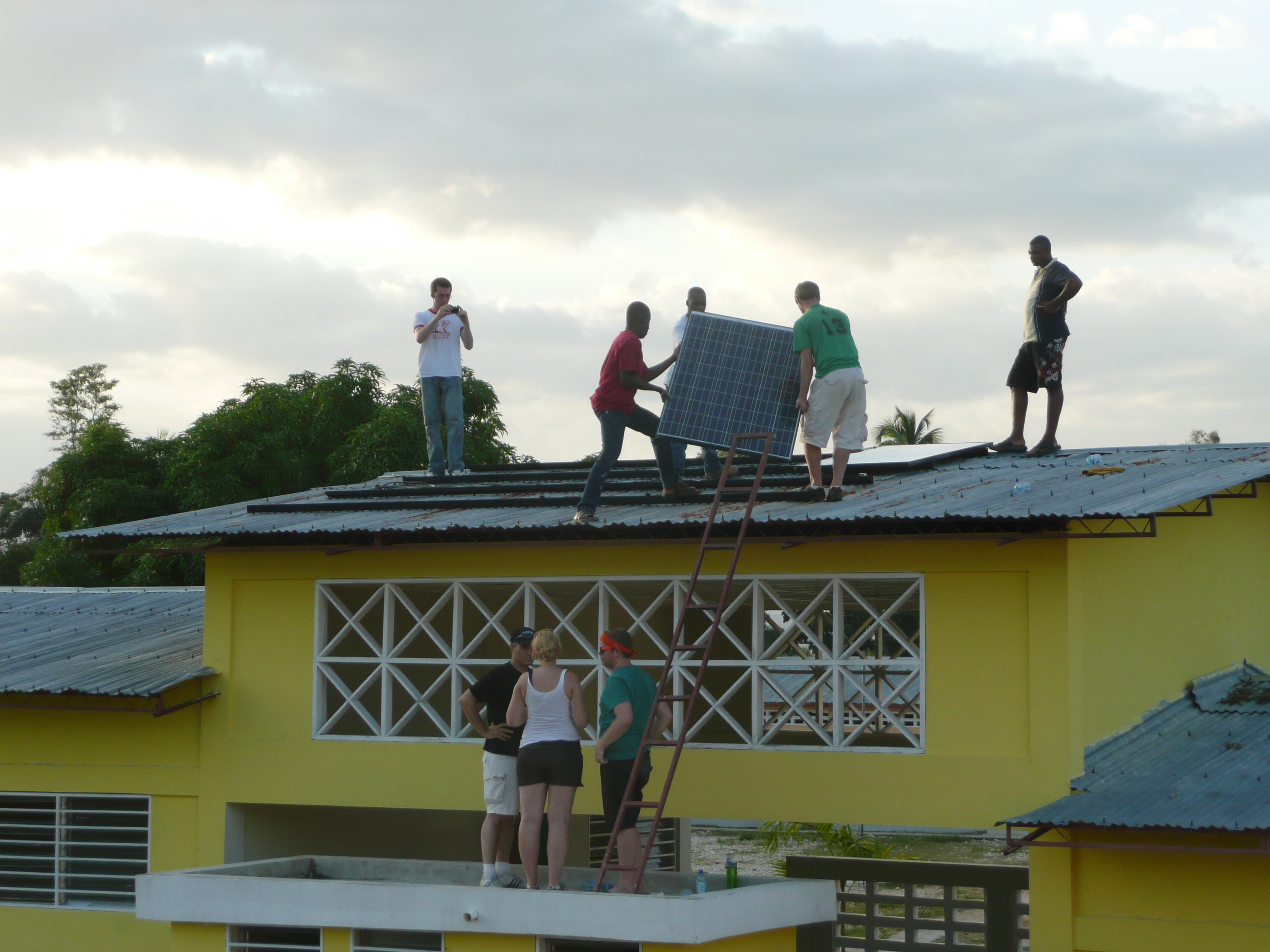Ian Thompson, e-Learning Fellow at the University of South Pacific in Suva, writes:
We recently completed an training session for 40 Primary School teachers around Suva whose schools have the One Laptop per Child laptops. ... After the initial donation of 1,000 laptops, MOE purchased an additional 2,000 devices last year. 75 primary schools (many of them rural or remote) now have a set of these laptops.
The Indian Prime Minister, in his visit to Fiji last year, also donated 2,000 of the Ubislate tablets and they will be integrated into the program (which is now called the One Device per Child project)
The interesting stats we wanted to highlight come from the pre-training questionnaire we asked the teachers to fill in.
- All identified them selves as being computer literate
- less than 10% said they were beginners. More than half had 10 or more years experience and everyone used a computer at least once a week or more.
- 100% used Facebook and 90% had email accounts.
- 95% (all but one) of the teachers said they used computers at home.
- 85% said they use the internet to find teaching resources and to do research.
We realise this is not a typical sample as the teachers volunteered to attend the training and they all came from the greater Suva area. (The aim of the training was to train at least two teachers from each school so they could train the other teachers).
- One third of the teachers said that more than half of their students know how to use computers.
However, we were surprised by the level of ICT and information literacy.
Do any other Pacific Island countries have any information (or even a general feeling) about the use of computers by their teachers?




